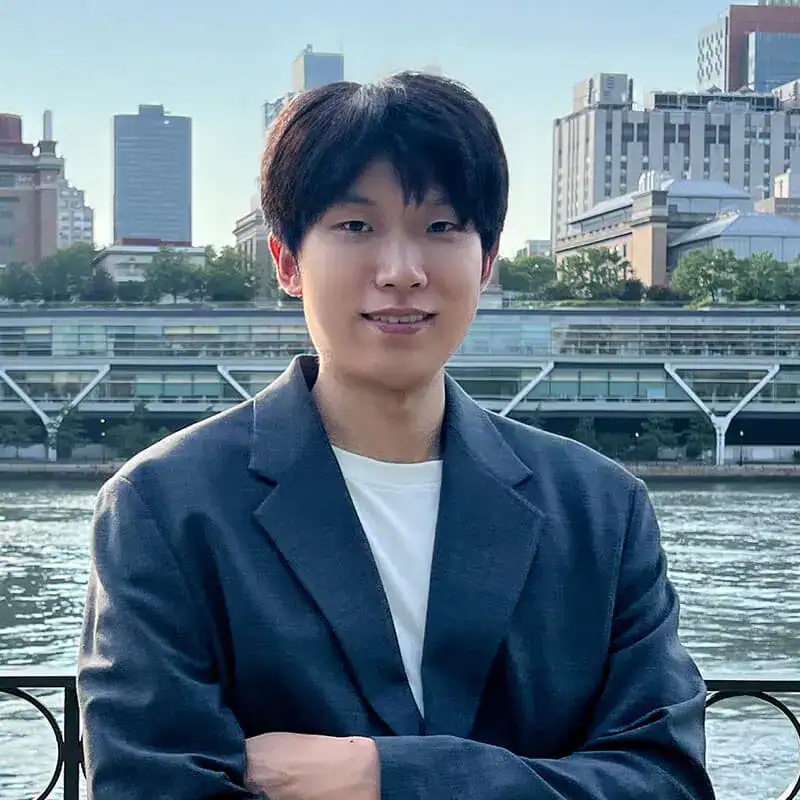Immune tolerance protects the body from autoimmune disease by preventing the immune system from attacking normal tissues. But, this protective mechanism can also shield cancer cells from immune attack. A key player in this process is a gene called AIRE, which trains developing immune cells in the thymus to recognize and ignore the body’s own proteins.
Dr. Tyler Park’s research aims to better understand how AIRE works at the molecular level – specifically, how it helps thymic cells display these “self” proteins and eliminate harmful immune cells before they mature. By using computational and statistical tools, he will map the proteins AIRE interacts with and the pathways it controls. His work will also investigate how dysregulation of these processes might contribute to immune escape in cancer or the development of autoimmune conditions. “We seek to uncover how AIRE functions and ultimately how immune tolerance is regulated, with the goal of improving immunotherapies while minimizing the risk of autoimmune diseases,” he explains. The foundation of Dr. Park’s research lies in “leveraging mathematical and statistical principles to understand biological processes and diseases.” He earned his PhD in computational biology at Princeton University, where he developed an algorithm called the SuperDendrix to identify genes essential for cancer survival and the somatic mutations that explain their molecular basis. He also developed a statistical framework to predict drug-target interactions using drug response and CRISPR screens. Now as a postdoctoral fellow, Dr. Park applies machine learning and multiomic analyses to investigate immune tolerance and uncover actionable insights into immune regulation.
Sponsor
Christina Leslie, PhD, and Chrysothemis Brown, MBBS, PhD
Research Focus
Immune tolerance, autoimmunity, immune evasion
Projects and Grants
Role of AIRE in thymic tolerance to T cells

